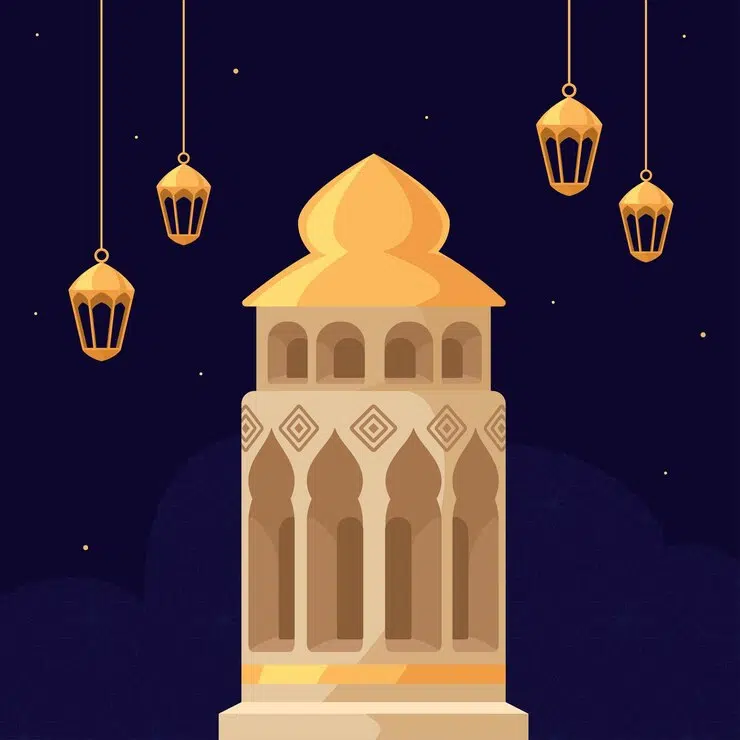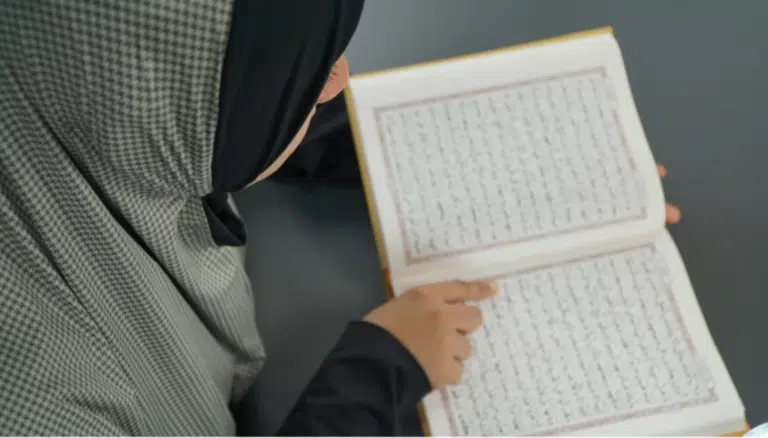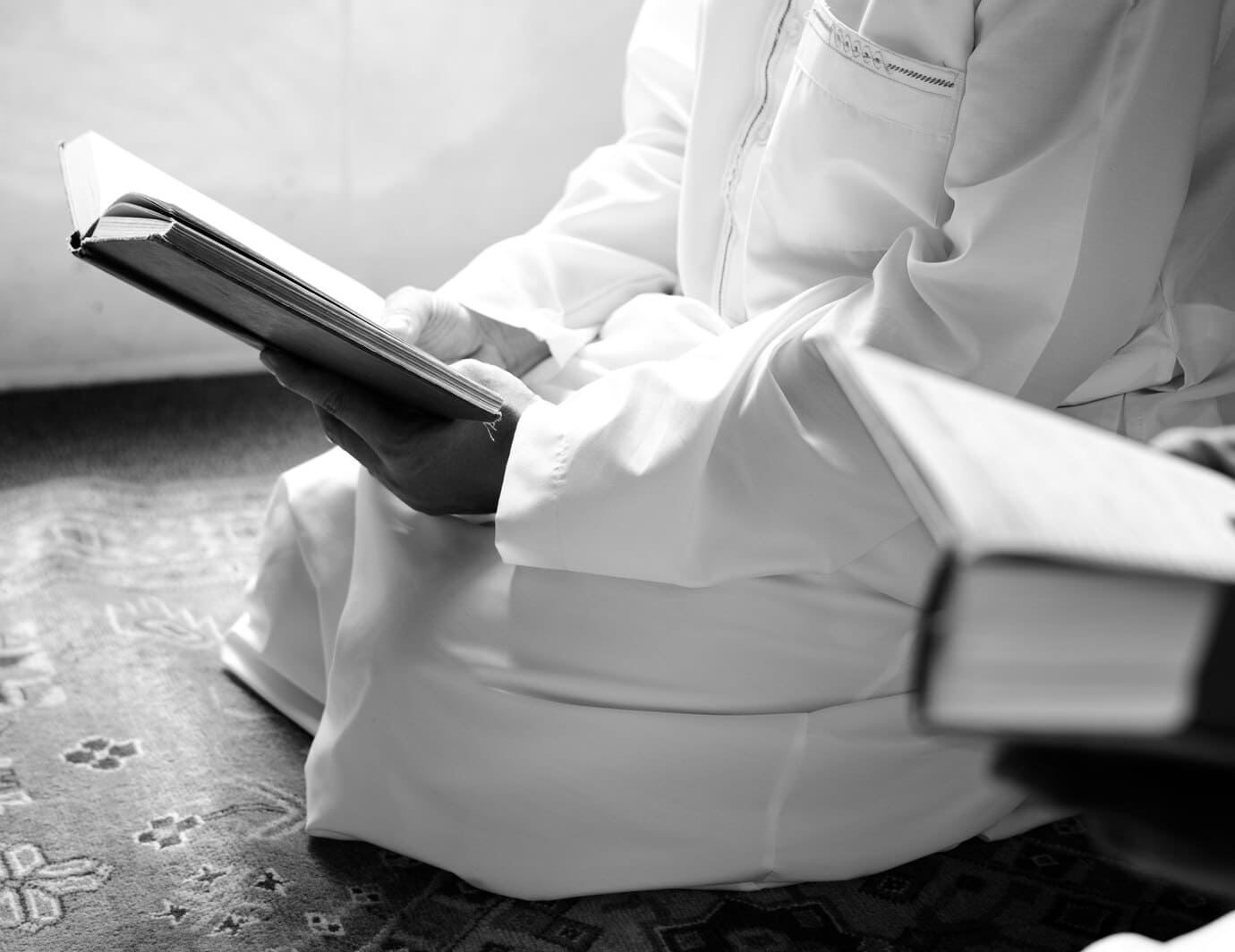Exploring the 5 Pillars of Islam: Pathways to Spiritual Fulfillment
July 31, 2025, 8:30 p.m.Author: Admin

Exploring the 5 Pillars of Islam: Pathways to Spiritual Fulfillment
Pillars are the foundation of any building. They serve as strong supports that keep the structure stable and balanced. If even one is weak, the entire building becomes unstable. In the same way, the 5 Pillars of Islam form the foundation of a Muslim’s belief and spiritual practice. They act as essential building blocks, guiding Muslims in their daily lives and strengthening their connection with Allah.
For every faithful Muslim seeking to nurture their relationship with the Creator and the community, these pillars represent a clear path of devotion. Understanding their significance helps us strengthen our faith and unite with Muslims around the world.
Let’s explore each of the 5 Pillars of Islam in detail:
1. Shahada (Declaration of Faith)
The Shahada, or testimony of faith, is the first and most fundamental pillar of Islam. It expresses belief in the oneness of Allah and the acceptance of Prophet Muhammad ﷺ as His final messenger.
The declaration is simple yet profound:
“Ashhadu an la ilaha illallah, wa ashhadu anna Muhammadur rasulullah.”
(I bear witness that there is no God but Allah, and I bear witness that Muhammad is the messenger of Allah.)
The Qur’an emphasizes this truth:
“And your God is one God. There is no deity except Him, the Entirely Merciful, the Especially Merciful.”
(Surah Al-Baqarah 2:163)
Belief in this declaration transforms one’s heart and anchors the entire faith of a Muslim.
2. Salah (Prayer)
The second pillar is Salah, the ritual prayer performed five times daily at prescribed times: Fajr (dawn), Dhuhr (noon), Asr (afternoon), Maghrib (sunset), and Isha (night).
Prayer is the direct link between a Muslim and Allah. It fosters discipline, gratitude, and reflection, while constantly reminding believers of their purpose.
The Qur’an states:
“Indeed, prayer has been decreed upon the believers a decree of specified times.”
(Surah An-Nisa 4:103)
Regular prayer strengthens faith, keeps believers away from sin, and brings peace to the soul.
3. Zakat (Charity)
The third pillar is Zakat, the obligatory giving of a portion of one’s wealth to those in need. This annual act purifies wealth, promotes compassion, and ensures social justice within the Muslim community.
Allah says in the Qur’an:
“Zakat expenditures are only for the poor, the needy, those employed to collect it, to bring hearts together, to free captives, those in debt, for the cause of Allah, and for the stranded traveler – an obligation imposed by Allah.”
(Surah At-Tawbah 9:60)
Zakat fosters a sense of brotherhood, reduces inequality, and reminds us that all wealth belongs to Allah.
4. Sawm (Fasting in Ramadan)
The fourth pillar is Sawm, or fasting during the month of Ramadan. Muslims abstain from food, drink, and physical desires from dawn to sunset as an act of worship and self-discipline.
The purpose of fasting is not only to endure hunger but to attain Taqwa (God-consciousness) and strengthen spiritual connection.
The Qur’an commands:
“O you who have believed, fasting has been decreed upon you as it was decreed upon those before you, that you may become righteous.”
(Surah Al-Baqarah 2:183)
Through fasting, Muslims learn patience, empathy for the less fortunate, and gratitude for Allah’s blessings.
5. Hajj (Pilgrimage to Makkah)
The fifth pillar is Hajj, the pilgrimage to the holy city of Makkah. It is obligatory once in a lifetime for every Muslim who is physically and financially able.
Hajj unites Muslims from across the world, regardless of nationality, race, or status, in worship of Allah.
The Qur’an says:
“And take provisions, but indeed, the best provision is fear of Allah. And fear Me, O you of understanding.”
(Surah Al-Baqarah 2:197)
This sacred journey symbolizes equality, humility, and devotion, bringing Muslims closer to Allah.
🌙 Conclusion
The 5 Pillars of Islam are not merely rituals but a holistic framework for living a balanced, faithful life. Each pillar nurtures a different aspect of spirituality — belief, prayer, charity, discipline, and unity.
By embracing them, Muslims strengthen their relationship with Allah and live in harmony with others. They are the foundation upon which a believer builds a life of faith, purpose, and peace.
👉 At Borhan Alquran Academy, we help learners of all ages understand the importance of the 5 Pillars of Islam, the Qur’an, and Islamic teachings. Enroll in our free trial classes today and take the first step on your journey of spiritual growth.






